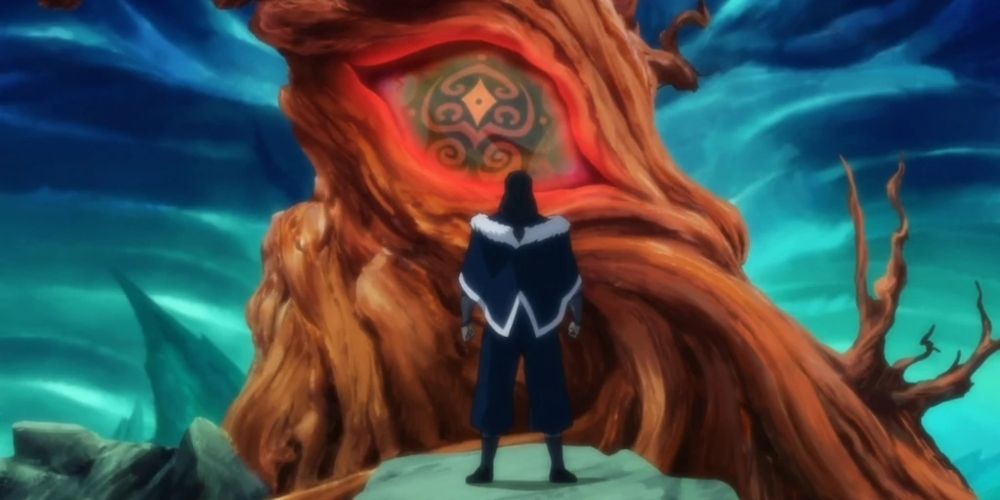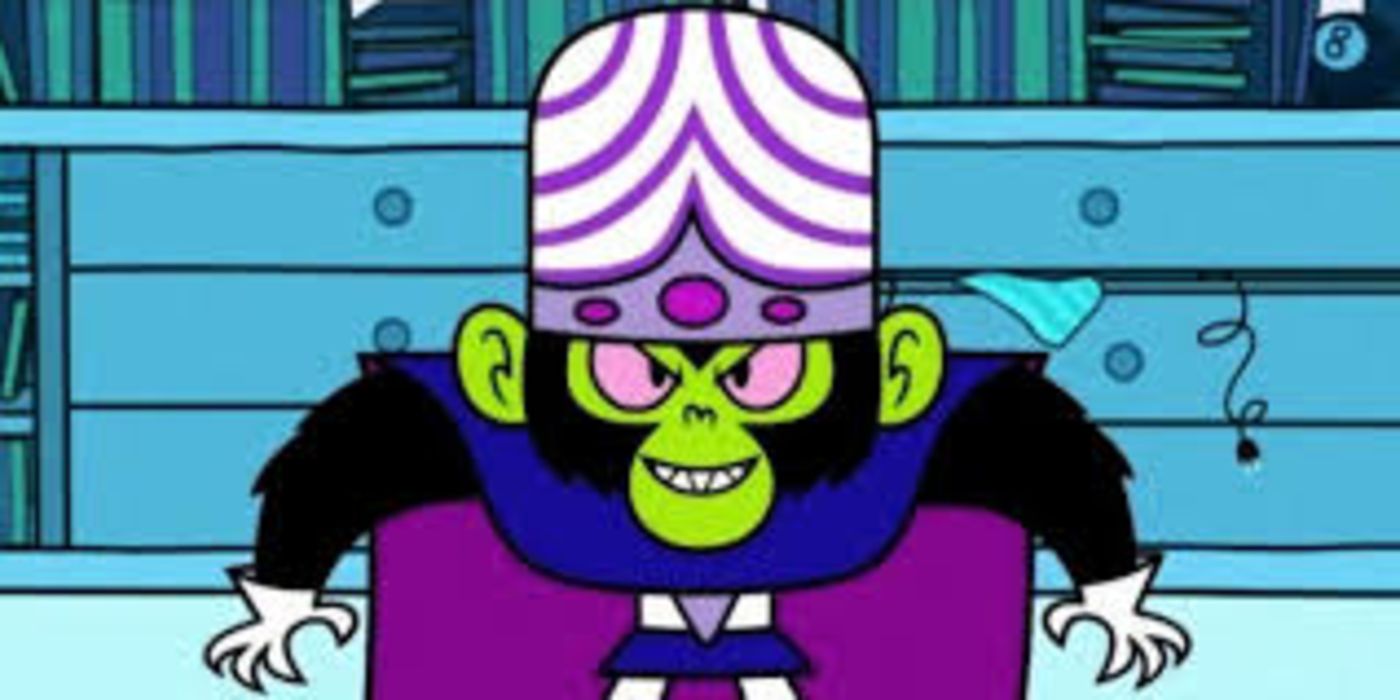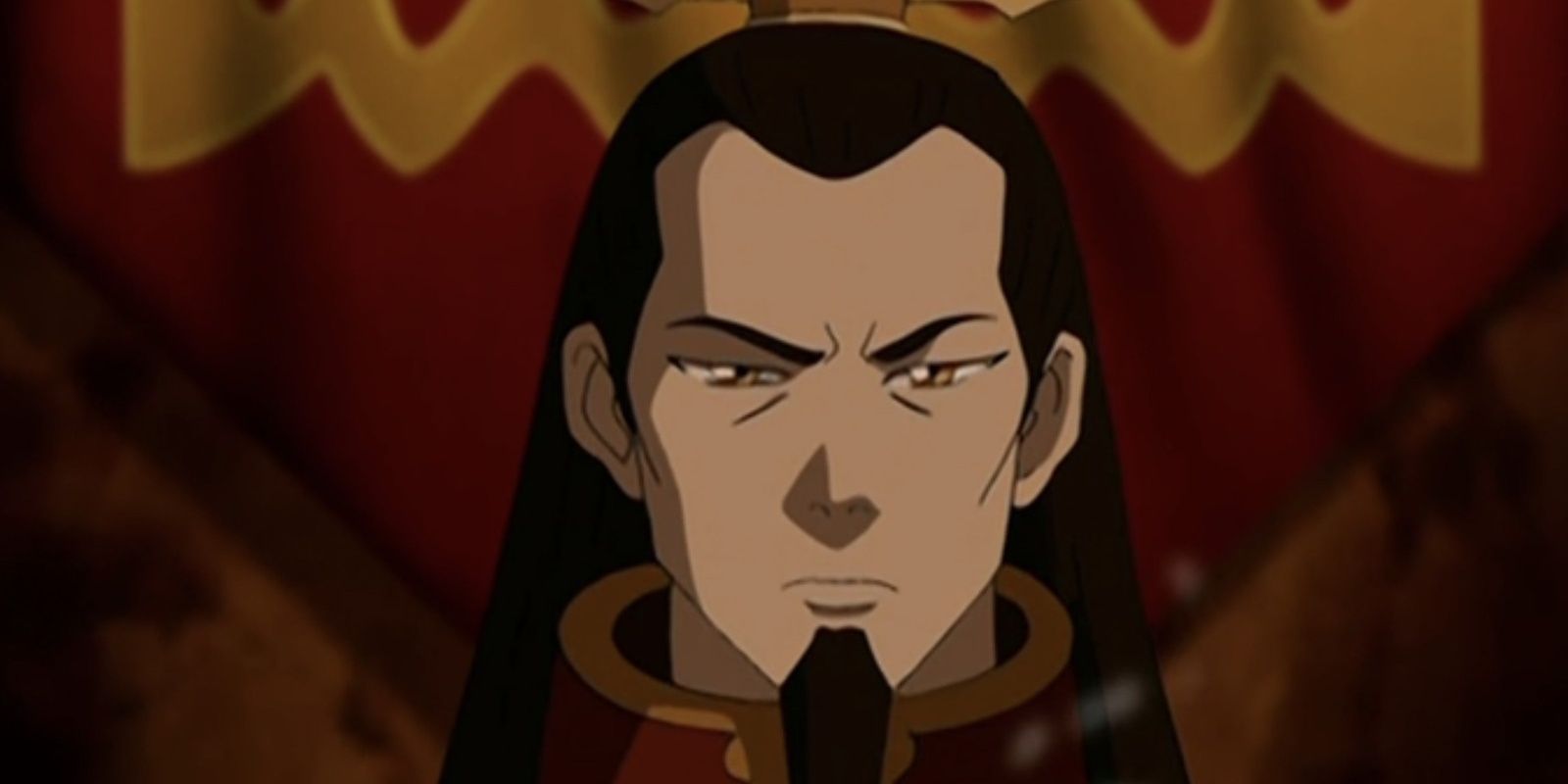Since cartoons have become more mainstream and versatile, cartoon villains have grown into more engaging characters full of depth. In the cartoons of this millennium, the greatest villains have unique and compelling motivations, but even among the greats lie the worst clichés.
Sometimes these clichéd antagonists are still impactful to their series, but once the typical nature of these characters is pointed out, it can be hard not to notice. For whatever reason, across most of these villains is a shared sense of arrogance, one of the most popular villain tropes. Regardless of the clichés present in these villains, they keep these characters from being the best villains they can be.
10 Samurai Jack: Aku's Boastful Monologues Are Tiresome
Although he has many accomplishments to boast about throughout Samurai Jack, Aku's arrogance and over-talkative nature are a commonly used villain trope that can be a bit annoying to watch. Of course, most modern heroes wouldn't allow the villain to talk as much as Aku, but perhaps that's because of Jack's chivalrous personality.
If Aku's role as a villain wasn't already clear by his abuse of monologues, then the clichéd look of his appearance certainly does. As great as a villain as he is, his quirks are old-fashioned among cartoon villains, as is his character design.
9 Adventure Time: The Lich Is A Textbook Definition Of Villain
As the literal embodiment of evil, it's no surprise that The Lich takes on such a haunting appearance. The decayed, zombie-like appearance could have very easily made this villain basic, but at the very least, The Lich has the skills to prove itself as a fearsome competitor.
As thrilling as it is to watch this creature, its bark is worse than its bite. While its years of experience make it stronger than most, The Lich's tendency to monologue and lower Finn's self-esteem is uncalled for as the boy beats him on more than one occasion.
8 Adventure Time: Ice King Is Infamous For Stealing Princesses
The ending to Adventure Time is so far removed from its beginning, showcasing numerous tropes that eventually turned on their head. One of the biggest ones was the first villain, the Ice King, and his schtick of chasing after princesses.
Several villains have been known to kidnap female characters and make them into damsels in distress, and although Ice King does it for a rather unique reason, he is still following one of the most generic tropes. As a villain, the Ice King takes on the classic role of the fool who will always fail at being bad.
7 She-Ra: Horde Prime's Misunderstanding Of Love Was His Greatest Failure
The theme of love versus hate is seen across many stories, but some do it better than others. She-Ra and the Princesses of Power does an excellent job illustrating this theme, no thanks to its primary antagonist, Horde Prime. While the heroes fight for love, Horde Prime aims to take away emotions as he sees them as trivial.
Although the series had been building up to the notion of choosing between love and apathy, Horde Prime doesn't add anything to the conflict. It might have been lightly touched upon why there's merit to Prime's philosophy, but the one-dimensional villain needed more motivation and less arrogance to be less of a cliché.
6 SpongeBob: Plankton Is Overly Criticizing
Plankton may be one of the more intelligent characters in SpongeBob SquarePants, but that doesn't mean he's that smart. His plans have failed more times than most cartoon villains, yet he still believes he can criticize others.
This trope of arrogance in a villain is only successful when the villain in question is successful, though his failures can bring a lot of laughs. It's almost charming to watch Plankton throw his minuscule weight around, see what ridiculous plan he has in store, and watch how it all crashes and burns. However, Plankton can't be taken seriously as a villain because the arrogant villain trope just makes him look like a joke.
5 Gravity Falls: Bill Cipher's Concesdencing Humor Isn't Always Called For
In Gravity Falls, Bill Cipher starts out as a unique villain with a sense of humor seldom seen across villains. His main problem is that his jokes indicate his unjustified arrogance. While Bill is one of the more entertaining villains that can still be taken seriously, he has no reason to boast when the heroes are still ready for a fight.
Bill's constant mockery of the heroes is at its worst in the series finale "Weirdmageddon," and although he holds most of the power as he takes over the world, his mocking is shortly followed by his embarrassing downfall.
4 Voltron Legendary Defender: Zarkon Lacks Personality
Beyond his immense strength and power-hunger, there's not much more to say about Zarkon. He's a formidable opponent while he lasts in Voltron: Legendary Defender, but outside of fight scenes, there's nothing memorable about this villain.
Perhaps before he lost his mind to the cosmic power of Quintessence, Zarkon was more of an interesting character. Still, once the power literally got to his head, there was little to his personality.
Throughout Voltron, Zarkon's motivations are bland, and his primary directive of taking power by brute force is by far one of the most cliché traits of a villain, but at least he packs a punch.
3 Legend of Korra: Unalaq's Motivations Weren't Compelling Enough
When he's first introduced in Legend of Korra, Unalaq, Korra's uncle, appears to be very caring to others and incredibly passionate about the Spirits. But, in truth, he was hiding a twisted plan that could have jeopardized the lives of millions, the motivation for his actions being somewhat confusing.
At his core, Unalaq is passionately spiritual. There's no denying that. However, he was also someone who appeared to love the traditions of his people. To work with Vaatu, the Spirit of chaos and destruction, he threatens his own way of life. Unalaq's plans for a new world order made no sense for his character, and his role became so one-dimensional as soon as he was revealed as the villain. The cliché of the villain thinking they were doing the right thing just didn't work with this character.
2 Powerpuff Girls: Mojo Jojo Is A Joke Of A Villain
Despite being one of the Powerpuff Girls' main villains, Mojo Jojo isn't much of a threat. On top of his clichéd traits – including empty boasts and harebrained schemes – he's also a failure as a villain with no motivation for his actions. Instead, Mojo Jojo is just a charismatically evil enemy whose sole purpose is to be defeated in entertaining ways.
Granted, the Powerpuff Girls aired decades ago when cartoons were seen through a much more narrow creative lens, so it makes sense that this villain would also be limited in dimensions. Nevertheless, Mojo Jojo is an excellent example of one of the most clichéd villains, though not the worst.
1 Last Airbender: Firelord Ozai's Only Strength Is Entitlement
When Avatar: The Last Airbender aired in the early 2000s, it broke numerous stereotypes and clichés for cartoons. The main antagonist, Firelord Ozai, indeed would have the same effect with how complex and engaging every aspect of this series was. However, as Ozai's appearances increased, the impact of his character did not.
Once his face was revealed, the Firelord did nothing more than sit on his throne and act high and mighty while everyone around him did all the heavy lifting, especially his daughter Azula. When it's revealed that he was crowned Firelord only because of his wife, he appears less like a powerful lord and more like an entitled brat. Ozai believes he deserves to rule the entire world for no reason beyond this sense of entitlement. Once he's defeated by someone more than half his age, his incompetence as a cliché villain becomes clear.

.jpg)
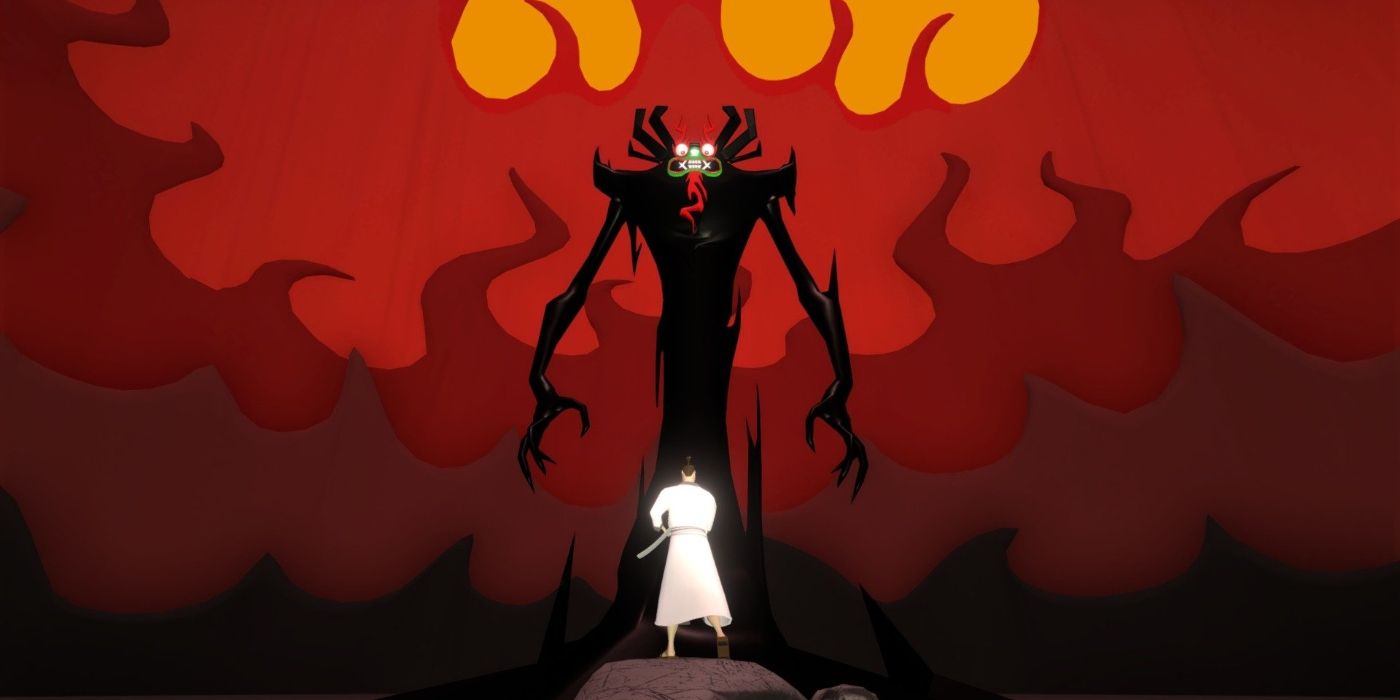
.jpg)
.jpg)
.jpg)
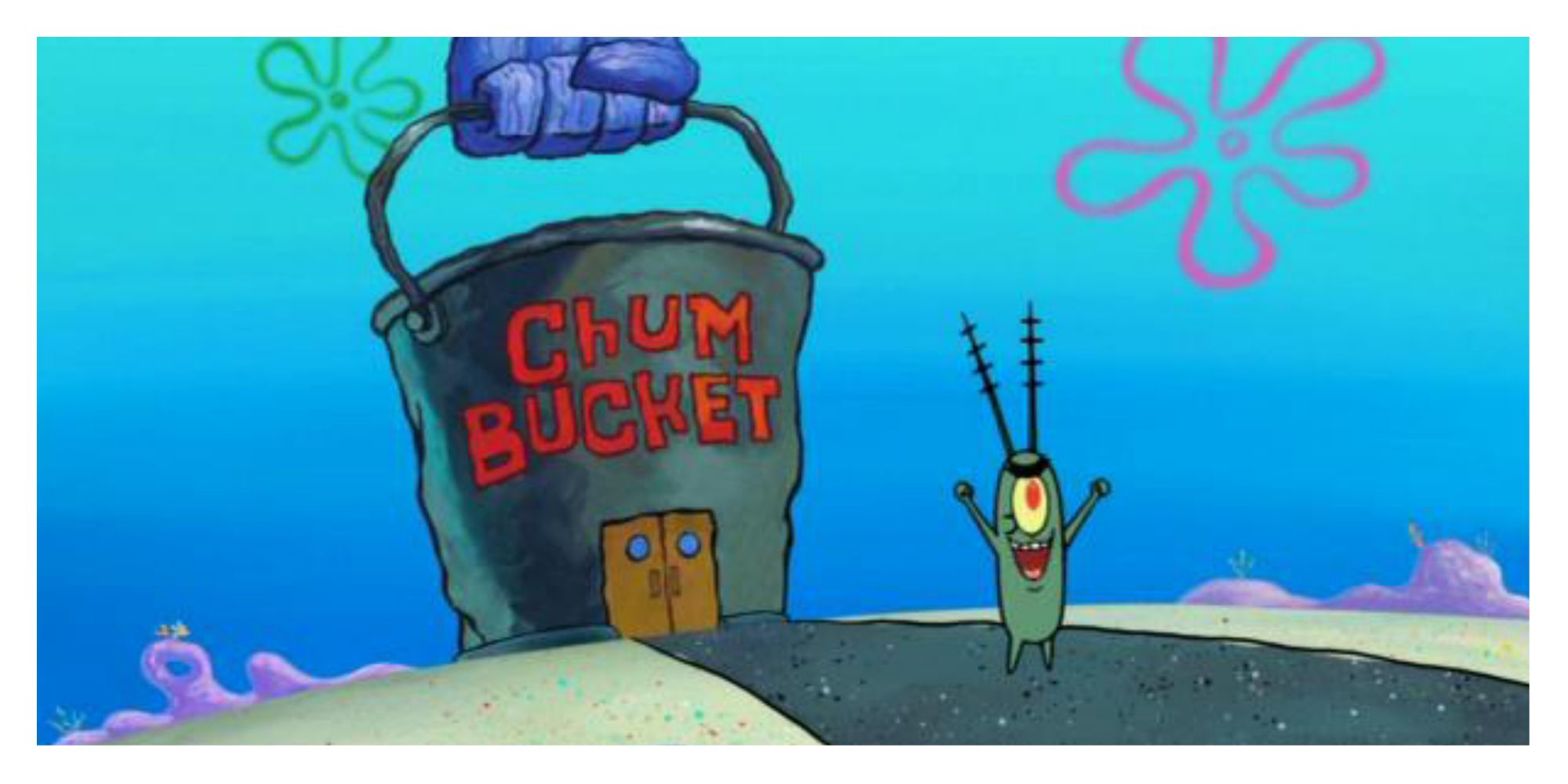
.jpg)
.jpg)
